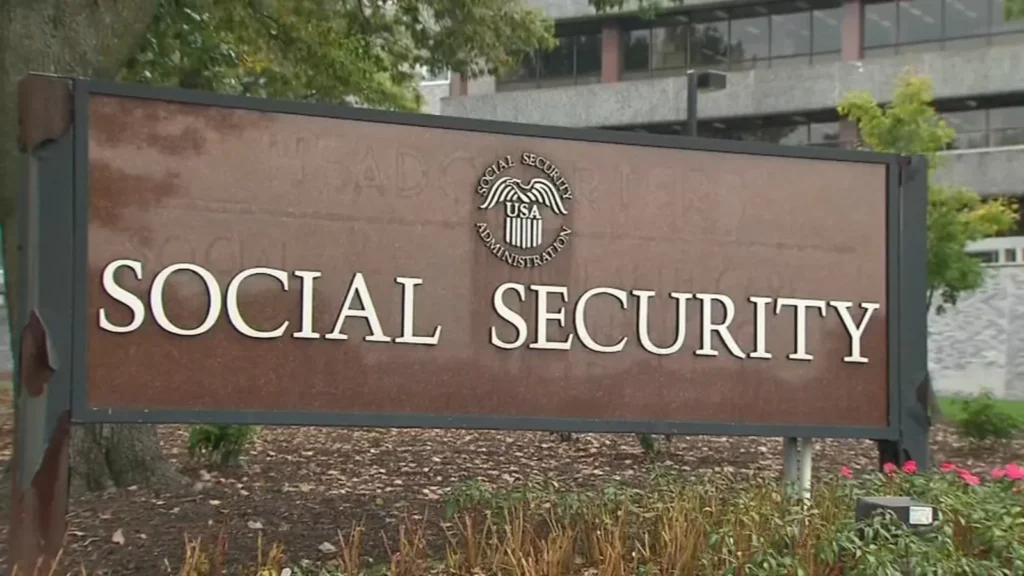
In what is being hailed as a significant legislative victory, the U.S. Senate, following the footsteps of the House of Representatives, has passed a bill spearheaded by Sen. Sherrod Brown of Ohio, aimed at correcting longstanding inequities in Social Security benefits for public sector employees. This legislative move, known as the “Social Security Fairness Act,” seeks to eliminate penalties that unfairly reduce the retirement benefits of millions of public workers nationwide.

The Financial and Social Implications of the Bill
The Senate’s decision came through with an overwhelming majority of 76 to 20 in favor of repealing the Windfall Elimination Provision (WEP) and the Government Pension Offset (GPO)—two policies enacted in the 1980s that have since reduced Social Security payments for individuals with public sector pensions. Notably, the bill was supported unanimously by all Ohio members in the House, underscoring a bipartisan recognition of the issue’s urgency.
Republican U.S. Sen. JD Vance of Cincinnati, notable for his forthcoming role as Vice-President under Donald Trump, was among the few who did not participate in the vote.
Voices from Across the Aisle
Critics of the bill, like Sen. Thom Tillis of North Carolina, voiced concerns over the financial implications, arguing that the bill would withdraw $200 billion from the Social Security funds over the next decade, potentially hastening the program’s insolvency by six months. Despite these apprehensions, the prevailing sentiment among lawmakers was one of rectifying a historical oversight that has placed undue burdens on public servants.

Sen. Sherrod Brown highlighted the plight of public workers like Barbara Ward, a special needs school bus driver from Ohio, who saw her survivor benefits drastically reduced upon retirement due to these offsets. “They earned that Social Security, they paid into it,” Brown emphasized, advocating for fairness over fiscal austerity.
Union Leaders Celebrate a Hard-Fought Victory
The bill also saw support from several Republican senators, including Bill Cassidy of Louisiana and Susan Collins of Maine, who shared personal anecdotes from constituents suffering under the current system. Sen. Collins pointed out that these penalties predominantly affect women, further compounding the injustice.
As Senate Majority Leader Chuck Schumer noted, repealing these penalties just before Christmas could serve as “a great gift” for retired public servants such as firefighters, police officers, and teachers, acknowledging their contributions to society and correcting a long-standing wrong.
Following the Senate vote, union leaders expressed profound relief and satisfaction over the bill’s passage. Lee Saunders, President of the American Federation of State, County and Municipal Employees, lauded the decision as a historic victory for public employees who had fought tirelessly to claim the Social Security benefits they had earned through decades of service.
Becky Pringle, President of the National Education Association, echoed this sentiment, celebrating the bill as a fitting tribute to Sen. Brown’s career-long efforts to champion the rights of working families across America.

Looking Ahead
The “Social Security Fairness Act” now awaits President Joe Biden’s signature, which is expected to come without delay. This legislative change marks a pivotal moment in U.S. social policy, potentially improving the financial stability of nearly 3 million public workers and their families, ensuring they receive the full Social Security benefits they deserve.
